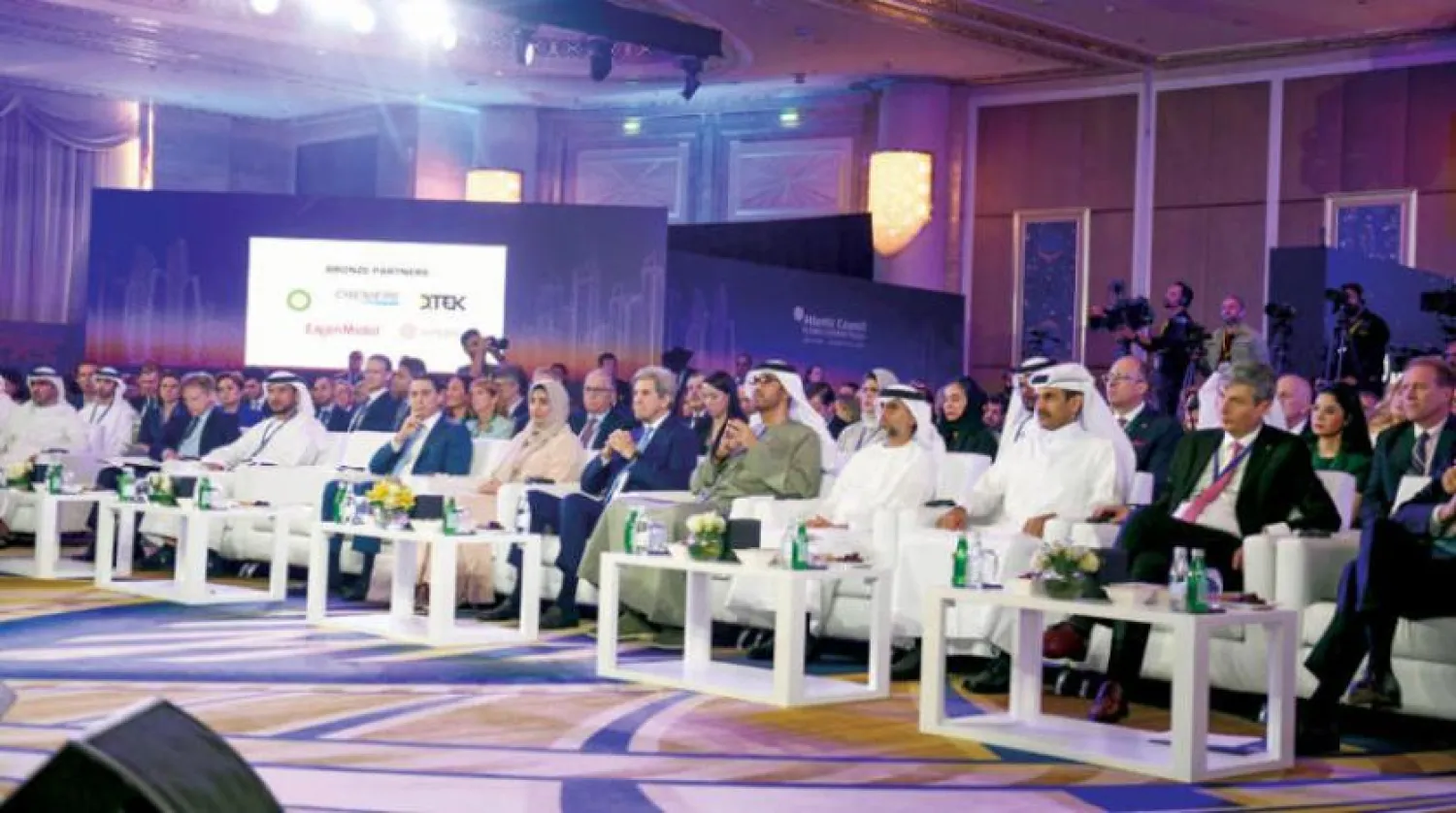The seventh yearly Global Energy Forum, arranged by the Atlantic Council, has launched in the UAE capital, Abu Dhabi. Partakers at the Forum stressed the need for caution in the process of transformation in the energy sector.
Countries must avoid making the wrong choice when it comes to picking between safe and affordable energy and sustainable transition, especially considering the geopolitical energy crisis the world is currently witnessing.
Officials who participated in the Forum stressed that the world still needs more investments to maintain security of supplies and acceptable prices during global energy transition.
Sultan Al Jaber, UAE minister of industry and advanced technology and special envoy for climate change, called for a transformational shift in the race to combat the climate crisis.
Al Jaber delivered a speech at the Forum, which took place just days after Al Jaber was designated the COP28 president.
The minister pointed out that the UAE deals with responsibility and full awareness of the importance of hosting the Conference of the Parties (COP 28), and that it will focus on contributing to achieving global aspirations and accelerating climate action, stressing the urgent need to make progress in implementing the goals of the Paris Agreement.
Al-Jaber called for expanding the adoption of renewable, nuclear and hydrogen energy sources.
The minister also highlighted the importance of promoting solutions to capture carbon and enhance energy efficiency, in addition to producing oil and gas with the lowest possible carbon emissions and taking advantage of new technologies.
Attendees at the Forum, who listened to Al-Jaber’s speech, included UAE Energy Minister Suhail Al Mazroui, the US Special Presidential Envoy for Climate John Kerry, Qatar Energy Minister and the President and CEO of QatarEnergy Saad Sherida al-Kaabi.
The Chairman of the Abu Dhabi Department of Energy (DoE) Awaidha Al Marar and several other climate and energy officials were also present.









